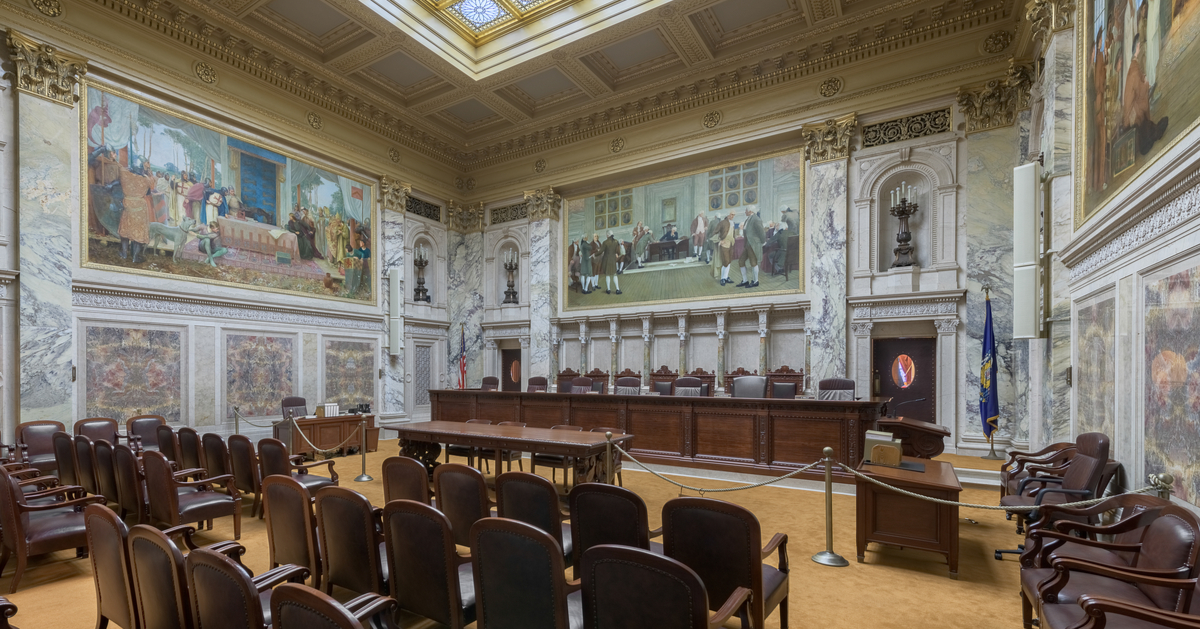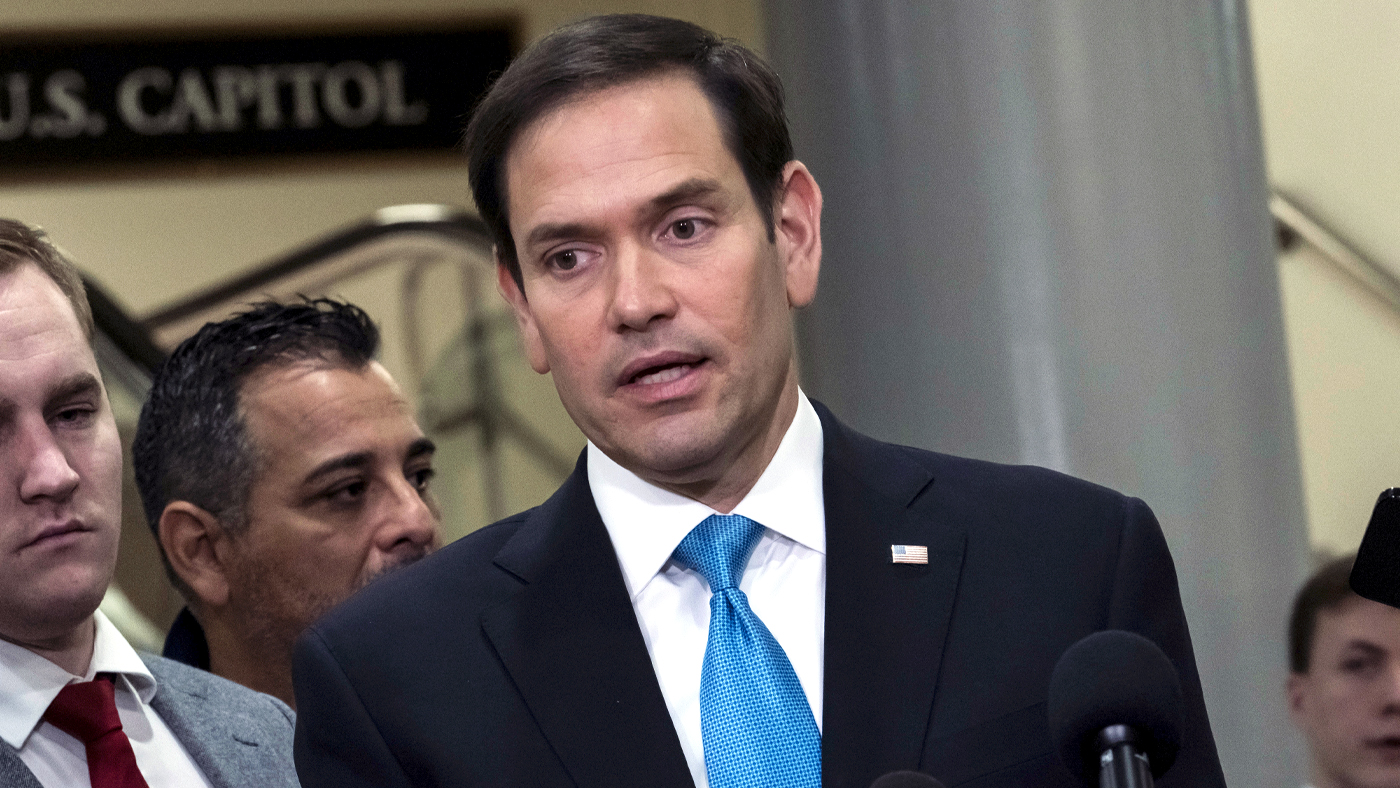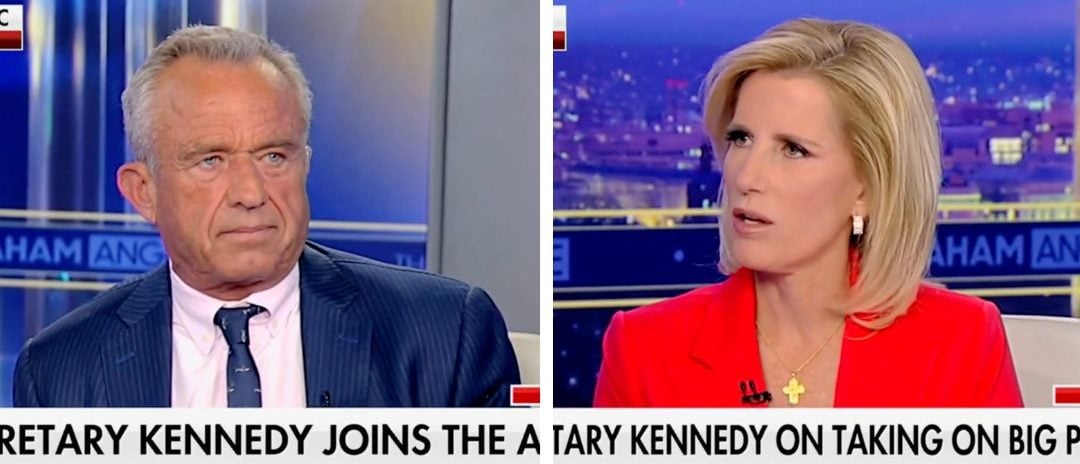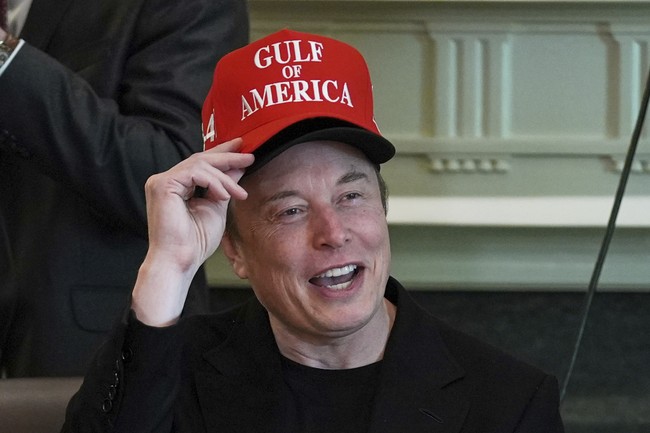Wisconsin’s recent special election for a seat on its state Supreme Court drew significant attention, particularly due to tech billionaire Elon Musk’s open support for Judge Brad Schimel, a Republican-backed candidate. Despite Musk’s efforts, the majority of Wisconsin voters opted for Judge Susan Crawford, the Democrat-backed candidate, ensuring a liberal majority in the state’s highest court for another year. This outcome has been reported as a setback for Musk and his attempt to influence the race significantly.
According to local Fox affiliate WLUK, with almost all precincts reporting, Judge Crawford decisively defeated Judge Schimel in the Wisconsin Supreme Court race. Out of over 2.3 million votes, Crawford secured more than 1.3 million, making up about 55% of the total, while Schimel garnered just over a million votes. Interestingly, while Democrats succeeded in several other races, voters also approved a referendum to enshrine voter ID requirements in the state’s constitution.
NBC News highlighted that the ramifications of this election are profound, as the court is set to tackle major issues. These include abortion rights, collective bargaining for public union workers, and the redrawing of congressional maps, likely to be resolved in favor of Democrats due to the court’s new liberal majority. The election result signifies a blow to Musk, illustrating the limits of his influence and the potential double-edged nature of his political involvement.
Musk’s support for Judge Schimel may have inadvertently spurred Democrats to the polls more than Republicans. Democrats portrayed Musk as a central antagonist, accusing him of attempting to buy a seat on the court with over $20 million in spending. In her victory speech, Judge Crawford remarked, “As a little girl growing up in Chippewa Falls, I never could have imagined that I’d be taking on the richest man in the world for justice in Wisconsin. And we won.”
A Washington Post analysis suggests that Democrats gained momentum following their losses in November’s elections. It also indicated that Musk’s heavy involvement in the Wisconsin race may have been an “unforced error,” given his polarizing status in American politics. This result raises questions about Musk’s role as either an asset or a liability for Republicans.
The election outcome might prompt some Republicans to reconsider their association with Musk. Especially in competitive districts, distancing from such a polarizing figure could become a strategic move. However, drawing broad conclusions from a single special election remains challenging.
The Wisconsin race underscores how high-profile individuals like Musk can influence political landscapes. Whether this influence is beneficial or detrimental is still up for debate. Musk’s involvement, while significant, also highlights the unpredictable nature of political endorsements.
Even with Musk’s significant financial backing, the race’s outcome shows that money alone doesn’t guarantee political success. The voters in Wisconsin ultimately decided on the issues and candidates they believed best represented their values. Musk’s efforts, while newsworthy, couldn’t sway the electorate in favor of Schimel.
This election serves as a reminder of the complex dynamics involved in political races. High-profile endorsements can draw attention but may also galvanize opposition. The Wisconsin results illustrate how local issues and candidate appeal often overshadow even the most well-funded campaigns.
Conservative voices will likely reflect on this election to reassess strategies for future races. The involvement of influential figures like Musk invites discussions about the role of wealth in politics. These debates are crucial as they shape the approaches of political parties moving forward.
As Wisconsin’s Supreme Court prepares to tackle significant issues, the impact of its new liberal majority will be closely watched. The decisions made in the coming months could have far-reaching implications for the state’s legal landscape. For now, the focus remains on how these outcomes will affect Wisconsin residents.
The political landscape in Wisconsin continues to evolve, influenced by national figures and local sentiments. The recent election highlights the ongoing battle between conservative and liberal ideologies. Each election cycle brings new challenges and opportunities for both sides.
The role of influential backers in political races remains a topic of discussion and controversy. As seen in Wisconsin, their impact can be significant but not always decisive. The balance between financial influence and voter sentiment is a delicate one in American politics.
Ultimately, the Wisconsin Supreme Court race is a testament to the unpredictable nature of democratic elections. It showcases the power of the electorate in shaping the political landscape, despite external influences. The election results reflect the complex interplay between money, influence, and voter values.



